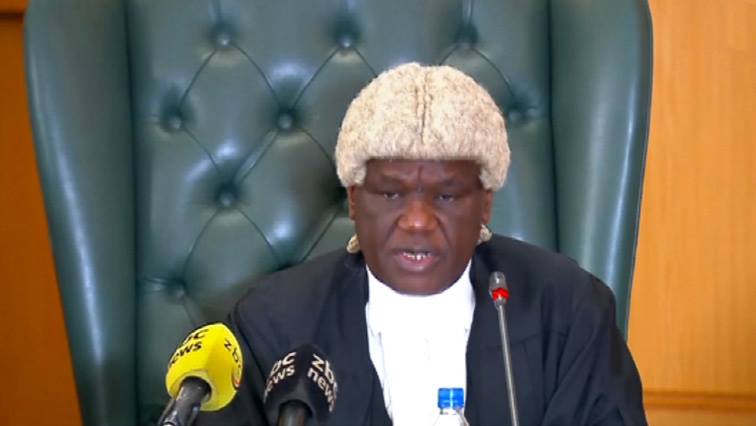
On Oct. 12, Teladoc Health Inc., filed a lawsuit against its rival American Well Corp., alleging the company is infringing on its patents for several types of technology. The suit comes as competition between the two telehealth providers is heating up and virtual visits are soaring across the U.S.
The disputed patents
In July, Teladoc acquired InTouch Technologies, another telehealth company, which brought several new innovations into its fold. The disputed patents cover technology developed by Dr. Yulun Wang and his colleagues while working for InTouch.
The patents in question are for carts that offer video capabilities and enable specialists to participate in care remotely as well as devices used on the carts. The carts include video screens and can be moved around from room to room. A physician or specialist can connect remotely via the video to conduct patient exams, talk to the patient and instruct nurses or other caregivers in the room to gather required health data.
In the suit, Teladoc alleges that AmWell is selling and promoting telemedicine carts and products that infringe on the patents it gained after acquiring InTouch.
AmWell’s response
About a month before the suit, Teladoc sent AmWell a letter outlining the products that infringed patent rights. The letter demanded that the company stop importing, making, selling or using the products.
AmWell amended its Sept. 15 registration statement with the U.S. Securities and Exchange Commission to reference the letter and Teladoc’s infringement allegations. In the statement, AmWell said that it intends to defend against the claims if brought to court.
The company also said that the products in question approximated 5% of its revenues in 2019.
What Teladoc wants
Teladoc is seeking monetary and injunctive relief and demanding a jury trial. The company is asking to be awarded damages, along with interest, costs and disbursements as determined by the court, “including enhanced damages up to three times the amount of damages found or measured.”
Teladoc is also seeking attorneys’ fees.
What Teladoc and AmWell are saying now
“We are confident that AmWell is infringing on the patents identified in the lawsuit,” Chris Stenrud, vice president of communications at Teladoc said via email.
“Our team is in the process of reviewing the allegations. We believe that these claims lack merit and intend to defend against them vigorously,” an AmWell spokesperson said in an email.
Competition in the telehealth arena
As the Covid-19 pandemic slowed in-person healthcare visits across the country, the demand for virtual care services has exploded. The U.S. telehealth market is expected to increase seven-fold over the next five years, a Frost & Sullivan analysis shows.
In the six months ended July 30, AmWell enabled 2.9 million virtual visits, while Teladoc enabled 2.8 million visits in the third quarter of 2020, spanning the three months ended Sept. 30.
Both companies also made big news over the summer, with AmWell raising $742 million in an upsized IPO, and Teladoc announcing its $18.5 billion acquisition of Livongo.
Photo credit: Teladoc

















